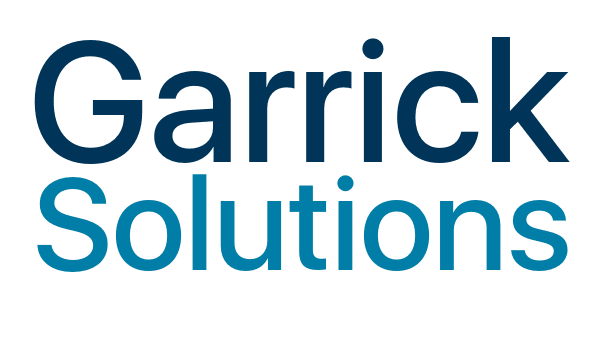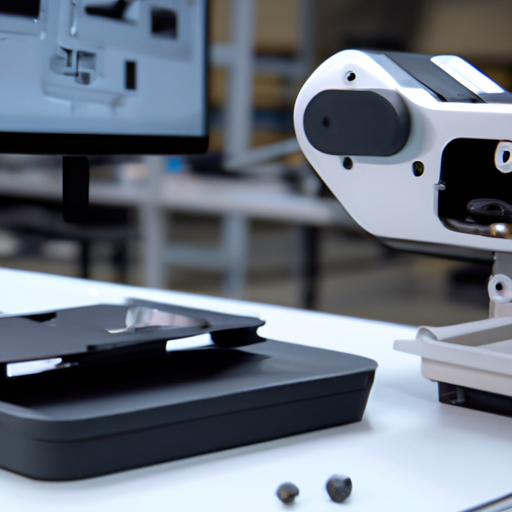
Are you ready to explore the fascinating world of personalization technologies and their impact on customer satisfaction and operational efficiency? Buckle up, because in this article, we’re diving deep into the realm of tailored experiences and how they can revolutionize the way businesses interact with their customers. From advanced algorithms to predictive analytics, these cutting-edge technologies have the potential to take your customer relationships to a whole new level.
Picture this: you walk into a store, and the salesperson greets you by name, remembers your preferences, and suggests products that perfectly match your taste. Sounds like a dream, right? Well, thanks to personalization technologies, this dream is becoming a reality. Personalization technologies use data and artificial intelligence to create individualized experiences for customers, delivering the right message, at the right time, through the right channel. By analyzing customer behavior, preferences, and past interactions, businesses can tailor their offerings to meet each customer’s unique needs.
But personalization goes beyond just making customers feel special. It also has a direct impact on operational efficiency. By leveraging personalization technologies, businesses can streamline their processes, reduce costs, and improve overall productivity. From targeted marketing campaigns that generate higher conversion rates to optimized inventory management systems that minimize waste, personalization technologies are a game-changer for businesses looking to stay ahead in today’s competitive landscape.
So, get ready to discover how personalization technologies are reshaping the way businesses connect with their customers, enhance customer satisfaction, and boost operational efficiency. It’s time to unlock the full potential of tailored experiences and take your business to new heights.
The Impact of Personalization Technologies on Customer Satisfaction and Operational Efficiency
Personalization technologies have revolutionized the way businesses interact with their customers. By tailoring products, services, and experiences to individual preferences, companies can significantly enhance customer satisfaction. This leads to increased customer loyalty and repeat business. Moreover, personalization technologies also improve operational efficiency by streamlining processes and reducing manual effort. With automated systems and personalized recommendations, businesses can optimize their operations and deliver a more efficient and seamless customer experience. Embracing personalization technologies is a game-changer for businesses aiming to stay competitive in today’s market.
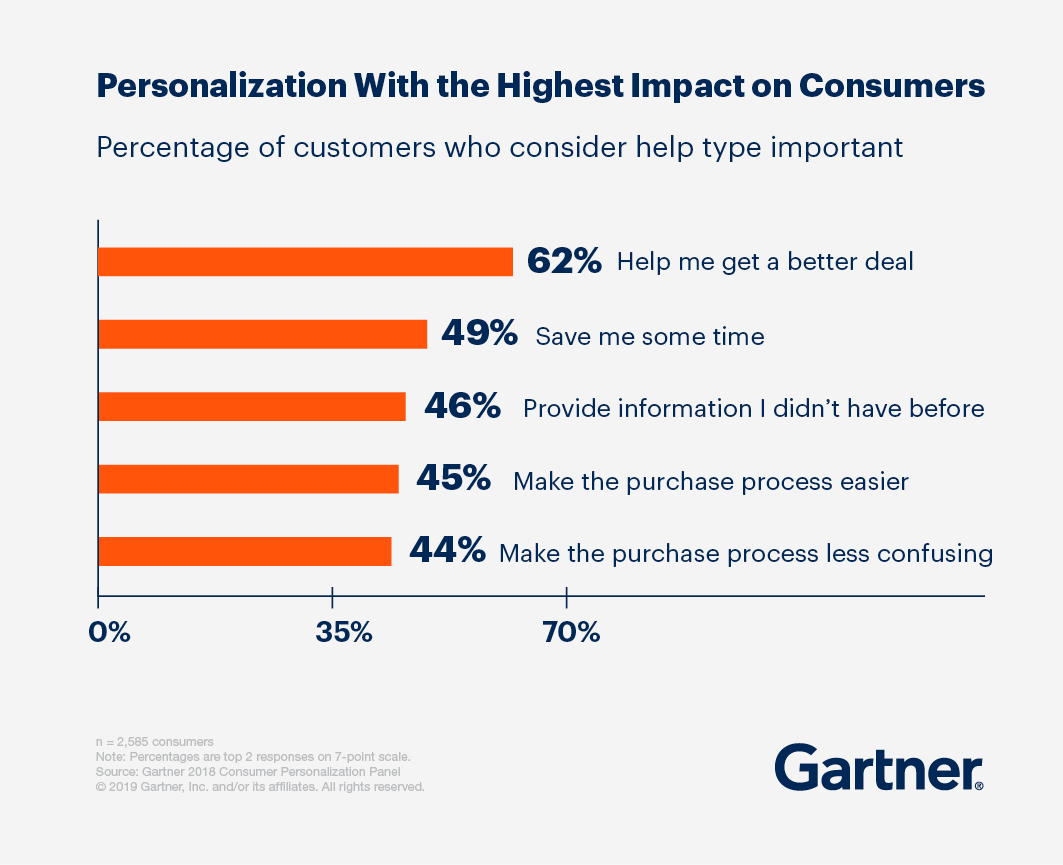
The Impact of Personalization Technologies on Customer Satisfaction and Operational Efficiency
Personalization technologies have revolutionized the way businesses interact with their customers. By tailoring experiences and offerings to individual preferences, companies can enhance customer satisfaction and improve operational efficiency. This article explores the various ways in which personalization technologies impact these two crucial aspects of business success.
Enhancing Customer Satisfaction
Personalization technologies allow businesses to provide tailored experiences that cater to the unique preferences and needs of individual customers. This level of customization creates a sense of exclusivity and makes customers feel valued. When customers feel understood and appreciated, their satisfaction levels rise, leading to increased brand loyalty and repeat purchases.
One way personalization technologies enhance customer satisfaction is through personalized recommendations. By analyzing customer data and behavior, businesses can recommend products or services that align with the customer’s interests and preferences. This not only helps customers discover new offerings they may have otherwise missed but also saves them time and effort in finding products that meet their specific needs.
Furthermore, personalization technologies enable businesses to personalize communication channels. Whether through targeted email campaigns, customized website experiences, or personalized push notifications, businesses can deliver relevant and timely messages to customers. This tailored approach ensures that customers receive information that is most likely to resonate with them, leading to higher engagement and satisfaction.
Improved Customer Retention
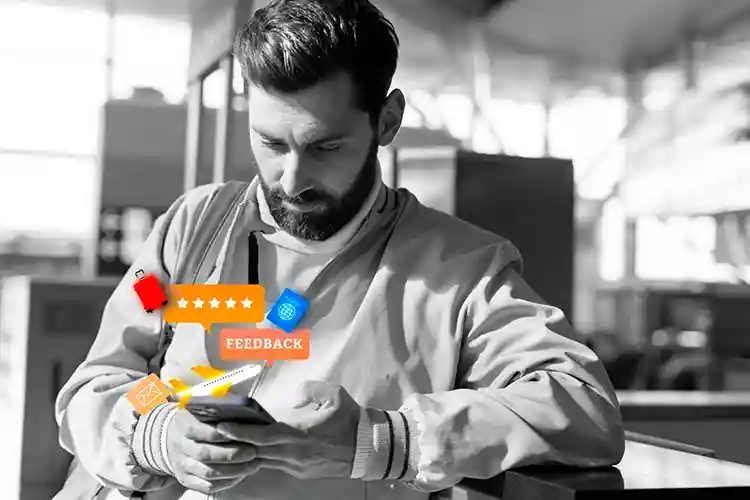
Personalization technologies play a crucial role in customer retention. When customers receive personalized experiences and offerings, they are more likely to remain loyal to a brand. By leveraging personalization technologies, businesses can create a unique and tailored journey for each customer, fostering a strong emotional connection.
A personalized approach also allows businesses to anticipate customer needs and provide proactive support. For example, by analyzing customer data, businesses can identify potential issues or challenges that customers may face and address them before they become significant problems. This proactive support enhances the overall customer experience, leading to higher satisfaction and reduced churn rates.
In addition, personalization technologies enable businesses to create personalized loyalty programs. By tailoring rewards and incentives based on individual customer preferences and behaviors, businesses can increase customer engagement and encourage repeat purchases. This personalized approach to loyalty programs strengthens the bond between customers and the brand, leading to improved customer retention rates.
Driving Operational Efficiency
Personalization technologies not only impact customer satisfaction but also drive operational efficiency within businesses. By automating and streamlining processes, businesses can optimize their operations and reduce manual effort, ultimately leading to improved efficiency and cost savings.
One area where personalization technologies drive operational efficiency is in customer support. Chatbots and virtual assistants powered by artificial intelligence can handle routine customer inquiries and provide instant answers and support. This reduces the need for human intervention, allowing customer support teams to focus on more complex and critical issues. As a result, businesses can provide faster and more efficient support to customers, enhancing overall operational efficiency.
Another aspect where personalization technologies drive operational efficiency is in inventory management. By leveraging data on customer preferences and purchase patterns, businesses can optimize their inventory levels and ensure that they have the right products in stock at the right time. This reduces inventory costs and minimizes the risk of stockouts or overstocking, leading to improved operational efficiency and reduced wastage.
Streamlined Marketing Efforts
Personalization technologies also streamline marketing efforts, allowing businesses to target the right audience with the right message at the right time. By analyzing customer data and behavior, businesses can segment their customer base and create personalized marketing campaigns for each segment. This targeted approach increases the effectiveness of marketing efforts and reduces wasted resources on irrelevant messaging.
Additionally, personalization technologies enable businesses to automate marketing processes, such as email campaigns and social media scheduling. By leveraging automation tools, businesses can save time and effort in executing repetitive marketing tasks, freeing up resources to focus on more strategic initiatives. This automation not only improves operational efficiency but also ensures consistent and timely communication with customers.
In conclusion, personalization technologies have a significant impact on customer satisfaction and operational efficiency. By tailoring experiences and offerings to individual preferences, businesses can enhance customer satisfaction, increase customer retention, and drive operational efficiency. Through personalized recommendations, targeted communication channels, and proactive support, businesses can create valuable and engaging experiences for their customers. Furthermore, by automating processes and streamlining marketing efforts, businesses can optimize their operations and improve overall efficiency. The implementation of personalization technologies is crucial for businesses looking to stay competitive in today’s customer-centric market.
The Impact of Personalization Technologies on Customer Satisfaction

- Personalization technologies can enhance customer satisfaction by tailoring experiences to individual preferences.
- By leveraging personalization technologies, businesses can improve operational efficiency through targeted marketing and streamlined processes.
- Customers appreciate personalized recommendations and offers, leading to increased loyalty and repeat purchases.
- Personalization technologies enable businesses to collect and analyze valuable customer data, allowing for more effective decision-making.
- Implementing personalization technologies requires a balance between customization and privacy concerns to ensure trust and data protection.
Frequently Asked Questions
How do personalization technologies impact customer satisfaction?
Personalization technologies have a significant impact on customer satisfaction. By tailoring experiences and content to individual preferences and needs, these technologies create a more personalized and relevant customer journey. Customers feel valued and understood when their preferences are taken into account, leading to higher levels of satisfaction. For example, personalized product recommendations based on past purchases or browsing history can help customers discover new items they are likely to be interested in. This enhances their overall shopping experience and increases their satisfaction with the brand.
Moreover, personalization technologies can also improve customer engagement and loyalty. When customers receive personalized offers, promotions, and communication, they are more likely to feel connected to the brand and develop a sense of loyalty. By understanding customer preferences, businesses can provide tailored customer support, address individual needs, and resolve issues more effectively, further enhancing customer satisfaction.
How do personalization technologies improve operational efficiency?
Personalization technologies play a crucial role in improving operational efficiency for businesses. By automating and streamlining processes, these technologies reduce manual effort and save time. For instance, automated personalization algorithms can analyze large amounts of customer data and generate personalized recommendations or content without the need for manual intervention. This allows businesses to deliver personalized experiences at scale, reaching a larger customer base efficiently.
Furthermore, personalization technologies enable businesses to optimize their resources and allocate them effectively. By understanding customer preferences and behaviors, businesses can tailor their inventory management, supply chain, and production processes to meet specific demands. This reduces waste, minimizes costs, and improves overall operational efficiency. Additionally, personalization technologies can also help businesses identify and prioritize high-value customers, allowing them to allocate resources and marketing efforts strategically for better returns on investment.
What are the challenges of implementing personalization technologies?
Implementing personalization technologies can come with various challenges. One of the main challenges is data privacy and security. Personalization relies on gathering and analyzing customer data, which raises concerns about privacy and compliance with data protection regulations. Businesses need to ensure that they have proper data governance and security measures in place to protect customer information and maintain trust.
Another challenge is the complexity of personalization technologies. Integrating and managing different tools, platforms, and algorithms can be complex and require technical expertise. Businesses need to invest in skilled resources or partner with technology providers to ensure successful implementation. Additionally, personalization requires a solid understanding of customer preferences and behaviors, which can be challenging to gather and analyze accurately. It requires robust data collection and analytics capabilities, as well as ongoing monitoring and optimization to ensure the effectiveness of personalization efforts.
How can personalization technologies benefit e-commerce businesses?
Personalization technologies offer numerous benefits to e-commerce businesses. Firstly, they can significantly improve the customer experience by delivering tailored product recommendations, personalized offers, and customized content. By providing relevant and engaging experiences, e-commerce businesses can increase customer satisfaction and drive higher conversion rates.
Secondly, personalization technologies can boost customer retention and loyalty. By understanding individual customer preferences, businesses can create personalized loyalty programs, targeted promotions, and exclusive offers. This encourages repeat purchases and fosters long-term customer relationships, leading to increased customer lifetime value.
Lastly, personalization technologies enable e-commerce businesses to gain valuable insights into customer behavior and preferences. By analyzing data, businesses can uncover trends, identify opportunities, and make data-driven decisions. This helps in optimizing marketing strategies, inventory management, and overall business operations, resulting in improved operational efficiency and profitability.
How can personalization technologies be implemented across different industries?
Personalization technologies can be implemented across various industries to enhance customer satisfaction and operational efficiency. In the retail industry, businesses can leverage personalization to deliver customized shopping experiences, personalized recommendations, and targeted promotions. This can lead to increased sales and customer loyalty.
In the hospitality industry, personalization technologies can be used to tailor hotel room amenities, dining experiences, and travel recommendations based on individual preferences. This creates a more personalized and memorable experience for guests, increasing customer satisfaction and likelihood of return visits.
In the healthcare industry, personalization technologies can assist in providing personalized treatment plans, medication reminders, and health monitoring. This improves patient engagement, adherence to treatment, and overall healthcare outcomes.
In the financial services industry, personalization technologies can be utilized to offer personalized financial advice, customized investment portfolios, and tailored banking experiences. This helps in building customer trust, increasing loyalty, and driving financial success for customers.
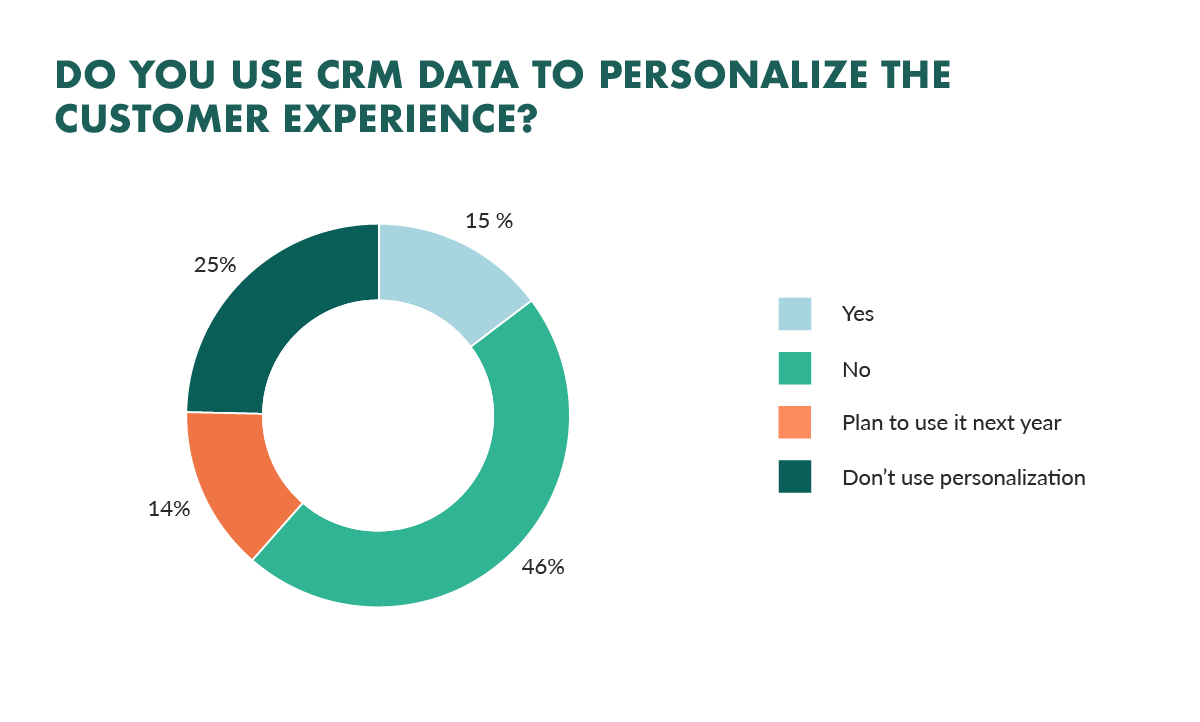
Final Summary
As we conclude our exploration of the impact of personalization technologies on customer satisfaction and operational efficiency, it’s clear that businesses that embrace these innovative tools are reaping significant benefits. By tailoring experiences to individual preferences and needs, companies can enhance customer satisfaction and loyalty, ultimately driving business growth. Moreover, the integration of personalization technologies into operational processes improves efficiency, streamlines workflows, and empowers employees to deliver exceptional service.
The implementation of personalization technologies allows businesses to create unique and tailored experiences for their customers. By utilizing data analytics and AI-powered algorithms, companies can gain valuable insights into customer behavior and preferences. This enables them to deliver personalized recommendations, targeted marketing campaigns, and customized offers that resonate with individual customers. The result? Increased customer satisfaction, as customers feel understood, valued, and catered to on a personal level.
Furthermore, personalization technologies have a profound impact on operational efficiency. By automating and optimizing various processes, such as inventory management, supply chain logistics, and customer support, businesses can reduce costs, minimize errors, and improve overall productivity. With streamlined workflows and empowered employees, companies can focus on delivering exceptional service and enhancing the customer experience. This combination of customer satisfaction and operational efficiency creates a virtuous cycle that drives business success.
In conclusion, personalization technologies are revolutionizing the way businesses interact with customers and optimize their operations. By leveraging these tools, companies can forge stronger connections with their customers, boost satisfaction levels, and gain a competitive edge. Additionally, the integration of personalization technologies into operational processes enhances efficiency, productivity, and employee satisfaction. As we move forward, it’s clear that personalization will continue to play a vital role in shaping the future of customer-centric businesses. So, embrace these technologies and unlock the full potential of personalized experiences for your customers and your business.

